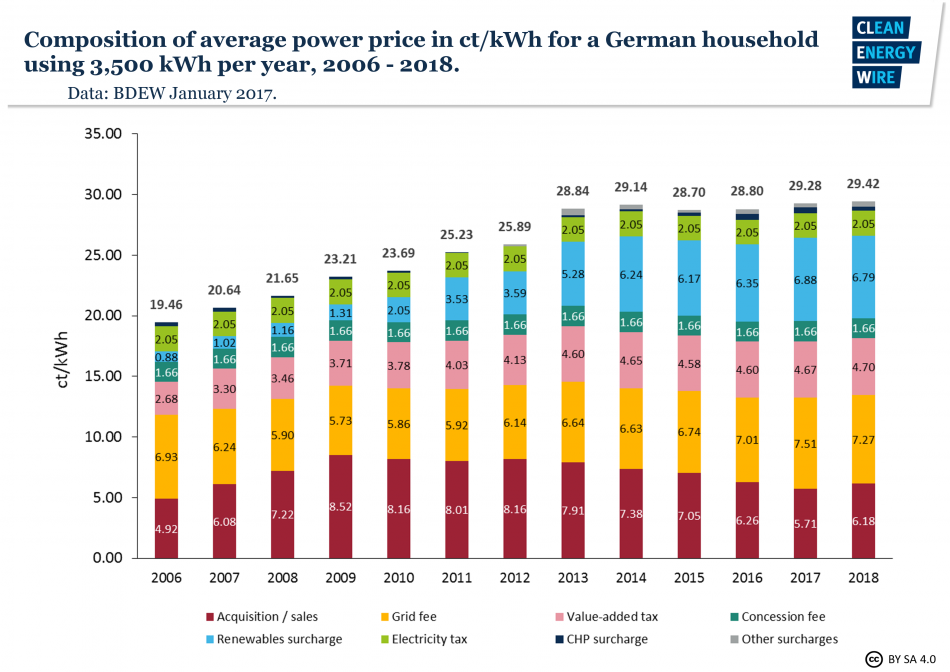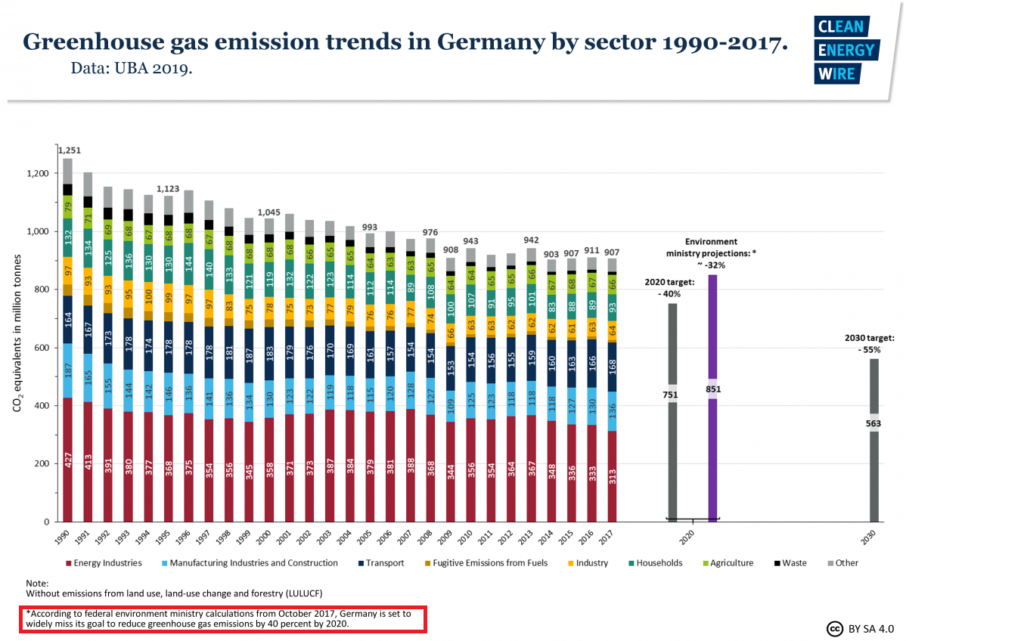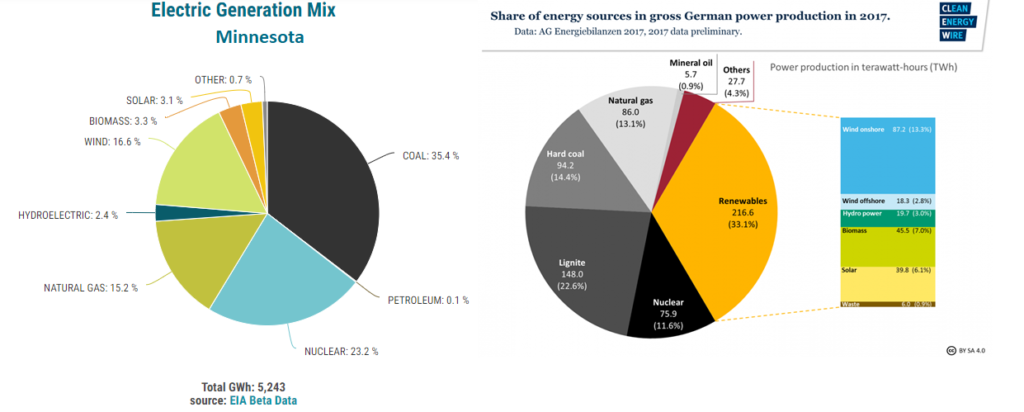Will Peggy Flanagan View German Energy Policy as As The Failure That It Is?
On July 12, Lt. Governor Peggy Flanagan will be jet-setting off to Germany to learn about sustainable energy, according to the Star Tribune. This makes me wonder, will the Lt. Governor and the delegation she is leading realize what a spectacular failure the German energy experiment has become while there?
The failure of the German Energiewende, as they call it, is becoming obvious throughout the entire world. Germany has spent more than $580 billion on renewables, experienced skyrocketing electricity prices, and failed to make any meaningful reductions in CO2 emissions since 2008. Oh, and the country plans to burn coal for electricity generation for the next 19 years.
Germany has been the darling of renewable energy activists since it began investing heavily in wind and solar in the mid 2000’s. What gets less attention is the impact this has had on electricity prices. The graph below shows electricity prices in Germany reached a new high in 2018, much like Minnesota, and that increasing electricity prices have been driven by the renewable energy surcharge, the light blue portion of the bar graph below.
Despite skyrocketing costs and increasing penetration of renewable energy, carbon dioxide emissions from Germany have been essentially flat since 2008. This should be a large red flag for the Walz administration, because wind and solar have done almost nothing to reduce CO2 emissions. In fact, Germany will miss their CO2 reduction targets for 2020, and any targets set by the Walz administration will also fail unless they embrace nuclear and large hydro.
Despite the so-called “greenness” of Germany, they actually use more coal for electricity generation than we do in Minnesota, as shown in the pie chart below.

The real lesson to learn from Germany can be boiled down into two main points: 1) Don’t shut down your nuclear plants if you say you care about CO2 emissions, 2) coal is an important part of the energy mix and we would be foolish to shut down our Minnesota coal plants before they reach the end of their useful lifetimes.